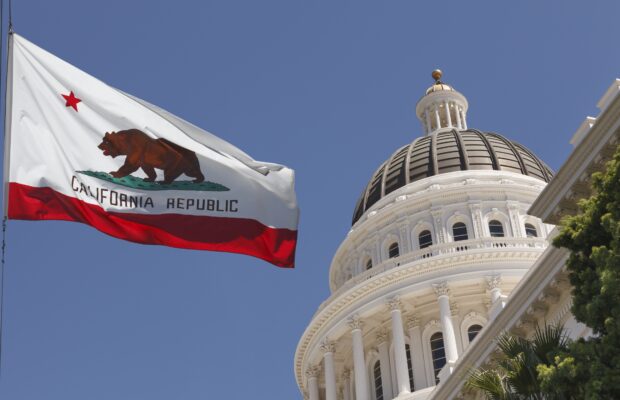The California Supreme Court has just granted broad authority to counties and cities to impose documentary transfer tax (“DTT”) on certain transfers of interests in legal entities. Before June 29, 2017, tax practitioners’ prevailing view was that documentary transfer tax generally could not be imposed on transfers of interests in legal entities. There were two exceptions. First, for transfers of partnership interests that caused a partnership to terminate for tax purposes. Second, for charter cities that were permitted to enact their own DTT ordinances and had, in fact, enacted broader DTT rules. No more. On June 29, the California Supreme Court decided in 926 North Ardmore Avenue, LLC v. County of Los Angeles1 that all California counties and cities may impose DTT on certain transfers of interests in legal entities.
California Revenue and Taxation Code Section 11911 allows a county or city to impose DTT on “each deed, instrument, or writing” by which real property “shall be granted assigned, transferred, or otherwise conveyed.” The statute’s language does not appear to permit DTT to be imposed on transfers of legal entity interests, such as stock, partnership interests, or LLC membership interests. Charter cities, however, are permitted to enact their own DTT ordinances, some of which have imposed DTT more broadly. For example, a San Francisco ordinance permits DTT to be imposed any time that a transfer of ownership interests in a real property owning legal entity would be treated as a change in ownership of real property under California Revenue and Taxation Code Section 64.
926 North Ardmore involved an attempt by the Los Angeles County Recorder to impose DTT on a transfer of partnership interests that gave rise to a change in ownership of the real property that the partnership owned indirectly through a lower-tier entity. Los Angeles County had not enacted an ordinance specifically imposing DTT on such transfers. The taxpayer, 926 North Ardmore Avenue, LLC, challenged this attempt. The California Supreme Court found for Los Angeles County. It ruled that despite the lack of any specific statutory authorization, California counties and cities can impose DTT on transfers of legal entity interests that give rise to a “change in ownership” of real property held by such legal entities under California Revenue and Tax Code Section 64(c) or (d). That is, DTT can be imposed even if the government entity imposing DTT is not a charter city that has enacted an ordinance allowing for DTT imposition in that situation. This is a sea change in the DTT world and contrary to what practitioners had widely believed was the state of the law.
California Revenue and Taxation Code Subsections 64(c) and 64(d) provide that real property held by a legal entity undergoes a change in ownership in two distinct situations. Under Subsection (c) and related property tax rules, a change in ownership occurs when any person or entity acquires control of a legal entity. Specifically, this occurs when a person or entity comes to own more than 50 percent of the voting stock of a corporation or more than 50 percent of both the capital and profits interests of a partnership or LLC. This ownership threshold can be met through direct ownership of the interests or indirect ownership through upper-tier entities. Under Subsection (d), a change in ownership of real property held by a legal entity occurs when: (1) persons or entities have contributed real property to a legal entity, (2) the transfer was exempt from reassessment under the so-called proportional ownership exception, and (3) the original contributors then, collectively, cumulatively transfer more than 50 percent of the total interests in the legal entity. In the case of a corporation, the 50 percent threshold is met when more than 50 percent of the corporation’s voting stock is transferred. In the case of a partnership or LLC, the 50 percent threshold is met when more than 50 percent of the profits interests and capital interests in the partnership or LLC are transferred.
Consequently, taxpayers must now carefully consider with their tax advisers whether any transfers of legal entity interests could cause a change of control of a legal entity that holds real property or a could cause them to exceed the 50 percent thresholds described in Subsection 64(d). Before 926 North Ardmore, the prevailing view was that these concerns only needed to be addressed in charter cities with ordinances specifically allowing DTT to be imposed in these situations. After 926 North Ardmore, these are statewide concerns. Given that DTT rates of tax can be substantial in some jurisdictions, for example up to 3 percent in San Francisco, we encourage tax payers to seek the advice of counsel when transferring interests in any legal entity that owns real property, whether directly or indirectly through a lower-tier entity.
1. Cal. S. Ct. No. S222329.


